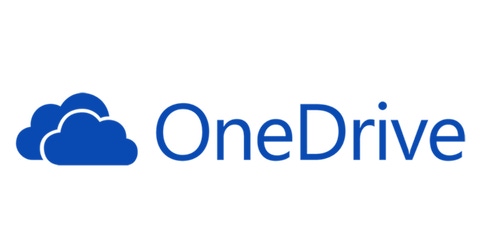Microsoft has boosted cloud storage and dropped prices. Is OneDrive now the best deal in town?


Cloud Contracts: 8 Questions To Ask
Cloud Contracts: 8 Questions To Ask (Click image for larger view and slideshow.)
Microsoft announced a revamped pricing structure Monday for its OneDrive cloud storage service, including 15 GB free for all users, and price reductions of up to 70% for paid customers. Microsoft was relatively late to the cloud storage game and has fewer users than popular competitors such as Dropbox and Google. With aggressive new prices, the company hopes to gain ground in the crowded field while bolstering its other cloud services.
Under the new terms, Office 365 customers now get 1 TB of storage, up from a mere 20 GB per account before. Those who pay for OneDrive but not Office can get 100 GB for $1.99 per month and 200 GB for $3.99 per month. Those plans previously cost $7.49 and $11.49, respectively. As mentioned, free accounts now include 15 GB of storage, up from 7 GB.
The new prices will become effective in the next month. Current accounts will be automatically upgraded.
Microsoft's new pricing tiers are very competitive and only the newest act in an escalating competition among cloud storage providers to offer more capacity for less money. In terms of free storage, OneDrive matches Google at 15 GB. Box and Dropbox offer only 10 GB and 2 GB for free. Apple's upcoming iCloud Drive will offer only 5 GB for free.
[A Microsoft VP predicts the cloud will evolve into just a few big players. Read more from the Structure conference: Cloud Trends To Watch: Structure 2014.]
For paid plans, Google charges $1.99 per month for 100 GB and $9.99 monthly for 1 TB. Dropbox appears to be falling behind on pure price competitiveness, offering only 100 GB for $9.99 per month and charging a steep $49.99 monthly for 500 GB. When it launches this year, iCloud Drive will offer 20 GB for $0.99 monthly and a OneDrive-matching 200 GB for $3.99 per month.
The new OneDrive plans could help Microsoft push Office 365 subscriptions. The 1 TB storage allotment applies to all consumer packages, even Office 365 Personal, which costs only $6.99 per month. At such a low price, the storage alone would be competitive. Dropbox charges $9.99 per month for only 100 GB, for example. For the same amount, Microsoft's Office 365 Home offers 1 TB each for up to five users -- a much better deal if you're looking to maximize capacity. The fact that 365 subscribers get current versions of all Office apps in addition to OneDrive should only sweeten the deal. At least, that's what Microsoft surely hopes.
As the potential OneDrive-Office 365 synergies demonstrate, Microsoft and many of its competitors believe cloud storage sits at the center of cloud ecosystems. If users store their pictures and files in one place, they don't want to jump through a lot of hoops to share or edit them. For precisely this reason, Apple bakes iCloud into its devices, operating systems, and services, just like Microsoft does. However, Microsoft has also pushed OneDrive as a cross-platform service, including releasing apps for iOS and Android. Time will tell if OneDrive's Office tie-ins, aggressive pricing, and multi-platform strategy help it stand out.
Here's a step-by-step plan to mesh IT goals with business and customer objectives and, critically, measure your initiatives to ensure that the business is successful. Get the How To Tie Tech Innovation To Business Strategy report today (registration required).
About the Author(s)
You May Also Like







